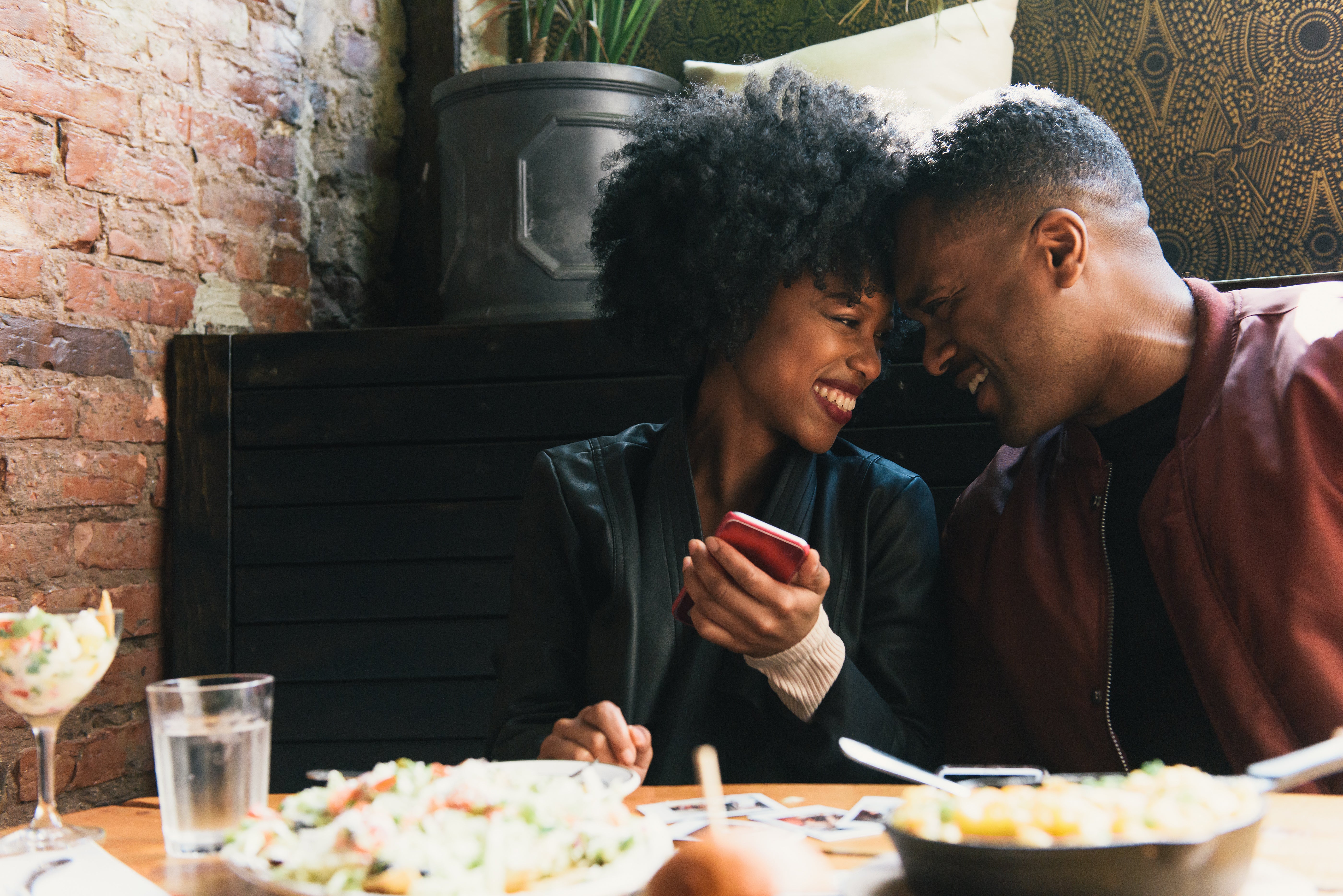
Falling in love is a beautiful thing, but can too much of a good thing be bad for your relationship?
There is a fine line between your partner being your everything and your end-all-be-all.
But how do you know when your happy relationship has gone into an unhealthy zone? We asked psychologist and Therapy For Black Girls podcast creator and host, Dr. Joy Harden Bradford, to break down some of the red flags that may indicate that you and you two have become a little too close.
“If you are feeling like you need to check with anybody before you make a decision, even minor decisions, that sounds like an issue of not trusting your own judgment,” she says. “Whether that be with your best friend or your partner, there probably is something that you want to look into, because what if they’re not available and you need to make a decision? You feel paralyzed because you can’t make a decision without consulting with somebody.”
While having a best friend and a lover in the same person can come with its perks, there are also some common pitfalls that can come from placing your mental, emotional and spiritual energy solely into one person.
Dr. Joy continues, “The expectation that your partner will be your best friend and your lover and your exercise buddy and all of these things is just too much. Where previously you would have five people to fill those roles, now you’re looking for your romantic partner to play all of that, and sometimes that causes too heavy a strain on the relationship.”
In layman’s terms: “You should not be depending on your partner to meet all of your needs in relationships,” she adds. “There should be multiple people in your life who fill different roles for different reasons.”
Sure, it is a great sign of significance and security in your relationship when the intimacy between the two of you extends beyond the bedroom, but sometimes too much togetherness can create an unhealthy attachment that can lead to problems later on.
Dr. Joy recommends three steps to avoid unhealthy codependency in your relationship?
1. Take a close look at your past childhood relationships.
“We’re not built to not be social animals, but the need to define yourself by your relationships is not healthy. So when that happens, [you should determine] where did that come from? Was there something going on in childhood that you did not develop a strong sense of self outside of relationships? Is there some kind of traumatic relationship history that has resulted in this person now, having to define themselves by their relationships?”
2. Evaluate the connections between your hobbies and happiness.
“If you go from relationship to relationship to relationship and that’s really the only way you define yourself, do you have hobbies and interests outside of those things? Sometimes when people are codependent, they will morph into whatever the new person’s into. So, the new person is into video games or whatever, then they become into video games or if the next person is into orange theory, then they are all about orange theory. What kinds of things are you interested in if no one else is around? And if they don’t have that, then it’s important to develop that.”
3. Observe platonic relationships and friendships.
“Look at friendships because, again, if the person has been socialized to think that their partner should be everything, they may be lacking in the friendship realm. Are there friendships that you’ve been neglecting because you’ve been putting too much energy into this relationship?”
While these tricks may help longtime lovers, Dr. Joy says there are ways to tell if a budding relationship may be in trouble too. The Atlanta-based psychologist says to look out for signs that they’re over-controlling.
“Anybody who wants access to your phone or your social media or is dictating things about what you put online or even how you’re dressing, anything that feels controlling, are the first signs of a much bigger issue.”
Noted.
